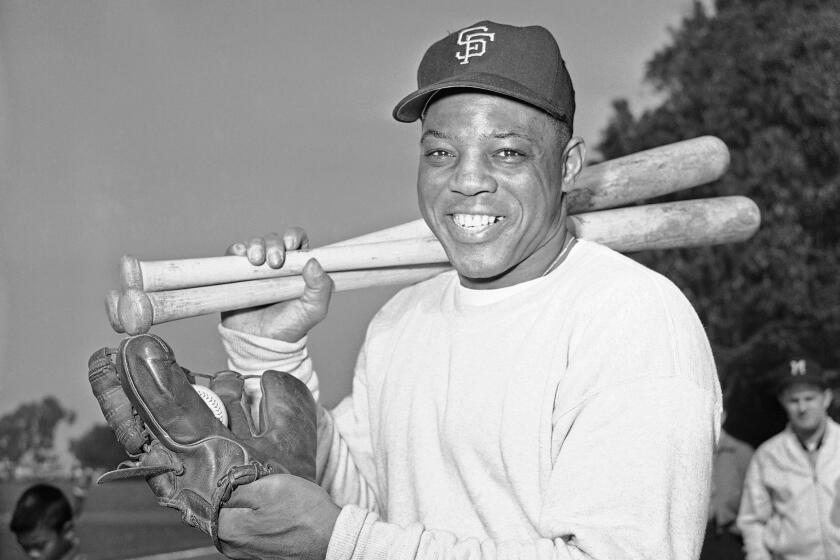HEARTS OF THE CITY / Exploring attitudes and issues behind the news : A rotating panel of experts from the worlds of philosophy, psychology and religion offer their perspectives on the dilemmas that come with living in Southern California.
Today’s question: “Consider similar situations where you might decide to be helpful: 1) In a grocery store, someone ahead of you in line has a full cart at an ‘express’ checkout limited to 10 items. 2) In a warehouse-like store, the person in front of you is writing a check as you both stand in a ‘cash only’ line. In both cases, you think they didn’t notice the signs . Would you tell the people ahead of you that they are in the wrong line, or would you ‘mind your own business’ and let the store’s cashier handle the situation?”
The Venerable Havanpola Ratanasara: President, College of Buddhist Studies, Los Angeles, and executive president, American Buddhist Congress
“As a civic-minded person I would remind both persons to read signs and move on to the appropriate counters. I would convey this in a polite manner. The point at issue here is related to good human relations and concepts of duties and responsibilities. Some people make errors of this kind due to ignorance or hastiness. It is ethical and civic-minded to lead someone onto the right path. Persons in error should be grateful to the pathfinder.”
R. Patricia Walsh: Professor, Department of Psychology, Loyola Marymount University
“I might do a cost/benefit analysis of the particular situation to determine the best response. Action here has the benefit of saving time, but at the cost of embarrassment. Perhaps allowing the cashier to handle the situation has the lowest cost because it gives the least embarrassment to all involved. However, if I were really pressed for time, I might use some appropriate assertion such as, ‘Excuse me, did you notice that this is an express checkout?’ Any stronger action than this would seem to really escalate the probability of much costly embarrassment to all concerned.”
Rabbi Elliot N. Dorff: Rector and professor of philosophy, University of Judaism
“The worst drawback of telling the offending shopper is that I would be informed that I had understood the rule incorrectly. I have been wrong before! On the other hand, by telling the person with the oversize shopping load or the check about the restrictions governing this particular line, I would potentially aid the customer (for the checker may enforce the rule and force the shopper to wait in another line) as well as myself and those behind me (for the whole purpose of having such lines in the first place is to save our time). Rarely do compassion and justice coincide so neatly!”
* Compiled by John Dart, Times staff writer.
